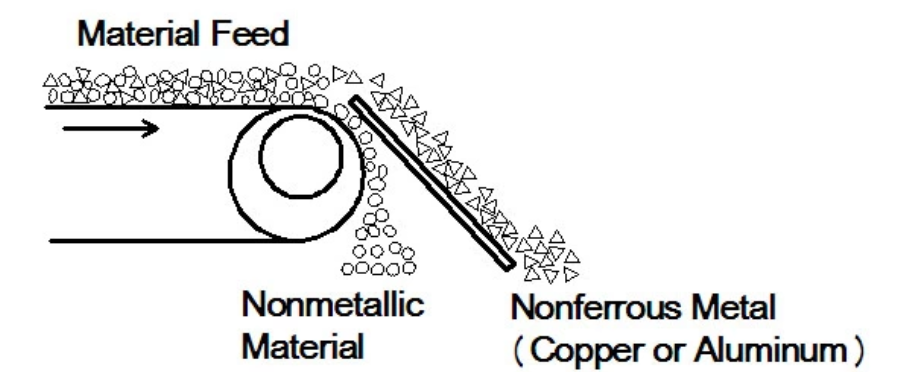

Lis . 21, 2024 12:51 Back to list
How Do You Dispose of Electronics? A Comprehensive Guide
As technology continues to evolve, we find ourselves surrounded by an ever-increasing number of electronic devices. From smartphones and tablets to computers and televisions, electronics play a significant role in our daily lives. However, as these devices become outdated or cease to function, the question arises how do we dispose of electronics responsibly? Improper disposal can lead to environmental damage and health hazards, so understanding the proper methods is crucial.
1. Understanding E-Waste
Before discussing disposal methods, it's essential to understand what electronic waste, or e-waste, is. E-waste encompasses discarded electrical or electronic devices, including both functional and non-functional items. This waste often contains hazardous materials such as lead, mercury, cadmium, and other toxins. When thrown away carelessly, these substances can leach into the soil and water, posing serious risks to both the environment and human health.
2. Repair and Reuse First
Before considering disposal, it's always a good idea to explore options for repairing or reusing your electronics. Many devices can be fixed rather simply, extending their life and delaying the need for disposal. Check if local tech repair shops can handle your broken gadgets, or consider reaching out to friends or family who might want to use the item as-is or for parts.
Additionally, if your device is still functional but you no longer need it, consider donating it to organizations or individuals who may find it useful. Schools, charities, and local community centers are often in need of electronic devices. Websites like Freecycle or Facebook Marketplace can also help you give away your unwanted electronics.

When repair or reuse isn't an option, recycling is often the best choice for disposing of electronics. Many local governments and electronic manufacturers offer recycling programs specifically designed to handle e-waste. These programs can properly process various electronics, ensuring that harmful materials are disposed of safely while valuable components are recovered for reuse.
To locate a recycling program near you, visit websites such as Earth911 or the EPA’s eCycling page, where you can find designated drop-off locations for e-waste. Some retailers also offer take-back programs, allowing you to return old devices when purchasing new ones.
4. Manufacturer Take-Back Programs
Many electronics manufacturers have established take-back programs to encourage responsible disposal of their products. These programs often allow consumers to return obsolete or unwanted items to the manufacturer for recycling. Check the manufacturer's website for specific details regarding their return policies and procedures. Brands like Apple, Dell, and Samsung have comprehensive take-back initiatives, making it easier for consumers to recycle their devices responsibly.
5. Proper Disposal of Data
Before disposing of any electronic device, it is essential to consider your data privacy. Smartphones, computers, and tablets store a wealth of personal information, and improper disposal could lead to data breaches. Before recycling or donating, ensure that you back up your data and perform a factory reset to erase all personal information. Additionally, consider using software designed to wipe data securely, ensuring that it cannot be recovered.
Conclusion
Disposing of electronics responsibly is crucial to protecting our environment and public health. By prioritizing repair and reuse, participating in recycling programs, and utilizing manufacturer take-back options, we can significantly reduce e-waste. Always remember to safeguard your personal data before parting with any device. As a consumer, taking these steps not only helps mitigate the harmful impacts of e-waste but also contributes to a more sustainable future. By being proactive in our disposal practices, we can make a positive difference in our communities and the planet.
Latest news
Troubleshooting Common Eddy Separator Problems
NewsJul.04,2025
The Role of Metal Recycling Plants in Circular Economy
NewsJul.04,2025
The Impact of Recycling Line Pickers on Waste Management Costs
NewsJul.04,2025
Safety Features Every Metal Shredder Should Have
NewsJul.04,2025
How Industrial Shredders Improve Waste Management Systems
NewsJul.04,2025
How Cable Granulators Contribute to Sustainable Recycling
NewsJul.04,2025